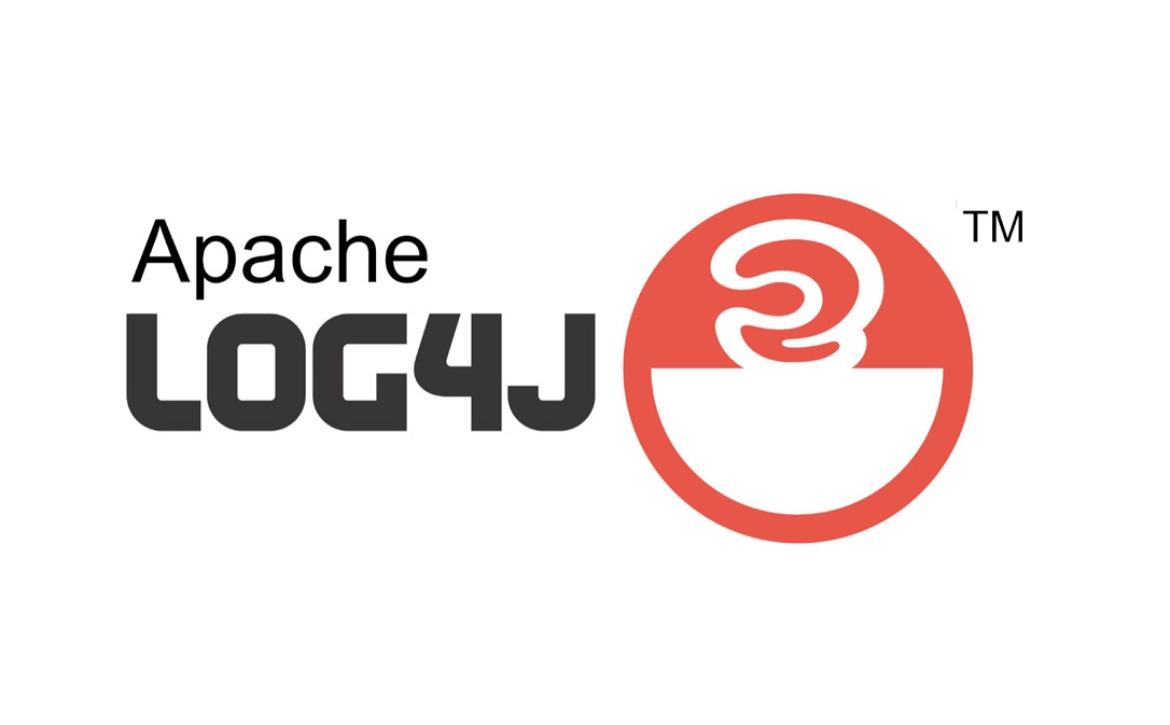Instaclustr for PostgreSQL
Instaclustr, an open-source software company, has announced the general availability of the relational database software PostgreSQL on its platform.
Instaclustr for PostgreSQL was designed to eliminate the costly overheads and risks associated with the internal operation of large-scale PostgreSQL clusters.
Postgres is widely regarded as the world’s leading object-relational database system, owing to its ease of use. At scale, however, the database becomes significantly more complex to manage, necessitating continuous optimization to maintain performance, security, cost-efficiency, and availability.
Postgres, according to Instaclustr Chief Product Officer Ben Slater, joins the open-source solutions Apache Cassandra, Redis, Apache Kafka, and Open Search on the Instaclustr platform.
Organizations can deploy production-ready PostgreSQL clusters in minutes using Instaclustr for PostgreSQL. The solution includes PostgreSQL in its completely open-source form.
reference: technologydecision




